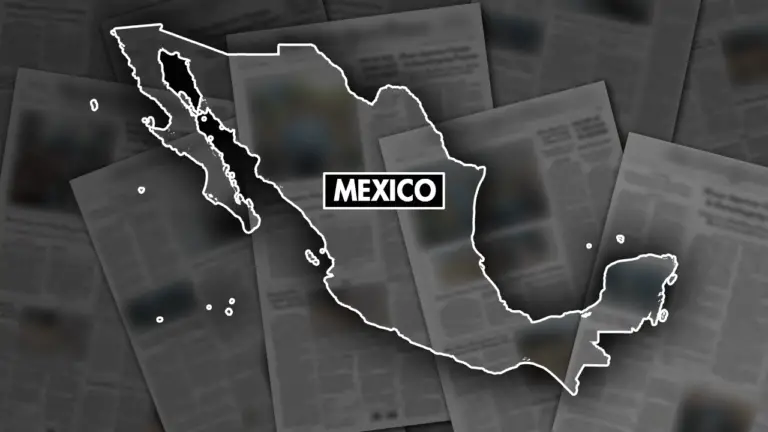Mexico’s “Dirty War” Investigation Hampered by Military Obstruction
Decades after Mexico’s tumultuous “dirty war,” a government-led investigation into human rights violations has been hindered by the military, according to Alejandro Encinas Rodríguez, the deputy minister for human rights. In a press conference on Wednesday, Encinas revealed that investigators decided to withdraw from the inquiry last month due to unsettling evidence. This evidence suggested that military officials were concealing, altering, and even destroying essential documents.
The inquiry’s mission was to delve into the human rights violations that occurred during the “dirty war,” which targeted leftist guerrillas, dissidents, and social movements throughout the 1970s and ’80s.
Military’s Obstruction
Alejandro Encinas Rodríguez expressed his concerns during the press conference, highlighting the obstacles faced by the investigation. He disclosed that military officials were not cooperating and had taken actions that blatantly contradicted a presidential decree granting investigators unrestricted access to records.
He stated, “As for people who could be criminally prosecuted, or that we already have in our sights to arrest at some point, it is responsible to say we are investigating. As soon as we have any clear indication and evidence, of course, we will proceed.”
The Ministry of National Defense did not respond to inquiries from The Associated Press.
Investigation Background
The inquiry was initiated by the Mexican human rights department’s commission for truth in October 2021. Its purpose was to examine human rights violations committed during the “dirty war” against leftist guerillas, dissidents, and social movements in the 1970s and ’80s.
During that dark period, hundreds of people were illegally detained, subjected to torture, and disappeared by the military and security forces. The inquiry commission disclosed that over 2,300 direct and indirect victims of these atrocities are still alive today.
Military’s Actions
David Fernández Dávalos, a member of the commission’s subgroup for historical clarification, revealed the military’s actions that obstructed the investigation. He explained that the Ministry of National Defense initially withheld documents on grounds of national security, personal privacy, or “preserving relations” with other countries.
Fernández further stated, “Files that we already knew were composed in a certain way were handed over with sheets out of place and notes ripped out.” Moreover, military officials resorted to moving boxes of files to obscure their location, and at times, they simply denied access to critical documents.
Ongoing Efforts
Despite these challenges, members of the inquiry remain determined. They referred to 2023 as a “year of listening” and discussed their successes, including visiting military posts and conducting hundreds of interviews with victims.
Additionally, in June, the subgroup for disappeared people made a significant breakthrough by uncovering the remains of seven individuals believed to have been killed in 1971 in the southern state of Guerrero. They have now embarked on analyzing ocean currents and flight paths to locate the possible locations of corpses discarded in the Pacific by the military’s infamous “planes of death.”
The obstruction by the military serves as a grim reminder of the importance of seeking justice for the victims of the “dirty war” and holding those responsible accountable for their actions.

